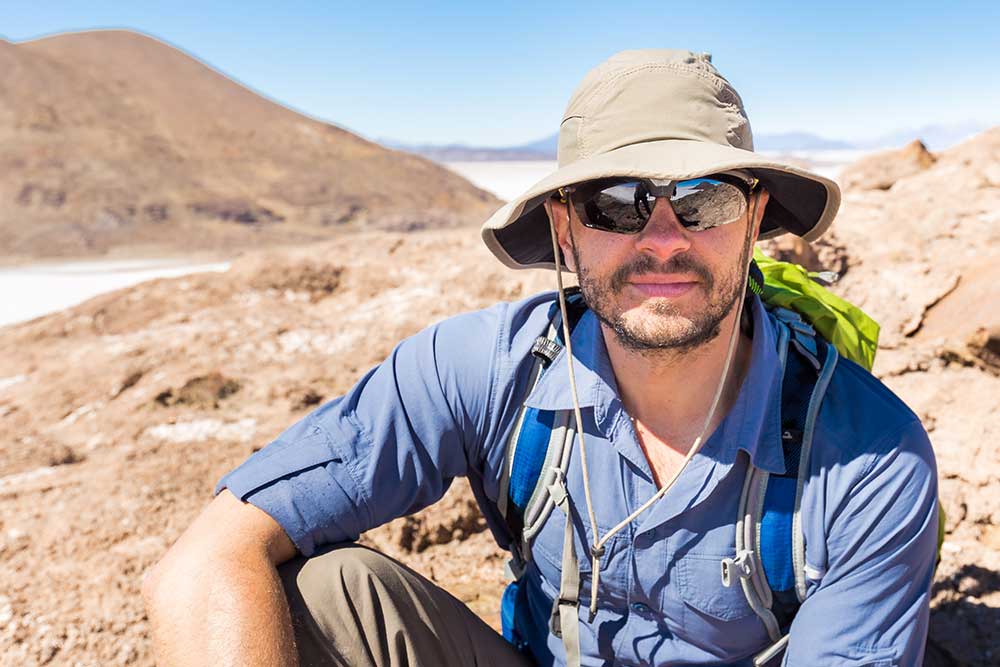All Categories
Featured
Table of Contents
Geophysicist Salary in Lynwood Australia 2021
This work is increasingly contracted out, so consultancies offer another source of employment. Consultancy companies differ in size, from extremely small companies to big multinationals. Some consultancies are quite specialised in utilizing particular geophysical strategies or operating in particular areas, while others provide a more diverse variety of services to their consumers.
The extraction of gas from landfill sites is another location of employment and this might grow in the future. Exploration companies might carry out work for construction firms, public utility, mining business and ecological companies, so geophysicists may be employed in any of these settings. Other employers include: geological surveysgovernment bodies and agenciesuniversities and research study institutes.


Jobs might be listed in the oil and gas sector press. Recruitment is affected by oil rate changes and the level of competitors for positions varies depending upon this. Careers Days, which cover the full variety of geoscience professions and are usually participated in by a variety of crucial market employers, are run by The Geological Society.
What Can I Do With A Major In Geophysics? in Kiara Oz 2021
A few of the large oil and gas companies offer a full two-year structured training programme across the breadth of geophysics, including the chance to experience operate in numerous groups before specialising in one location. Your training may consist of work on: existing wellsmagnetic and gravitational prospective field information analysisresearchrock analysis. It's more typical for your initial training to be offered on the task.

There may be a probationary duration throughout which you work alongside an experienced associate. Competency-based appraisals happen routinely in a lot of firms. In smaller firms, and for academic posts, there is not likely to be any official training - you'll be anticipated to begin work straightaway and choose up abilities as you go along.
If you work for a smaller sized company, you might find that you require to take obligation for organizing and moneying your own advancement and training. If you have a geology degree, membership of The Geological Society can be helpful for networking and for maintaining to date with the market.
Geophysicist Careers in Ballajura WA 2023
You might also find it helpful to join the PESGB (The Petroleum Exploration Society of Great Britain, which has a geophysics special interest group. After a probationary duration, and as soon as you have actually gained some experience, you could advance to senior geophysicist, then group leader and after that into a senior function in management.
The ease of motion between roles depends upon the company structure. Research study at Masters or Ph, D level in a subject related to geophysics or geosciences might assist with your profession advancement and development. The employment market within the oil and gas market is very depending on price and this may impact your opportunities for career progression.
For experienced geophysicists, freelance consultancy provides a good route for career advancement. As a geophysicist, you're likely to have a number of jobs throughout your working life.
Geophysical Survey In Archaeology in Carramar Oz 2021
From geophysics, it's possible to focus on seismology (finishing additional training to become a seismic interpreter) or to move into related locations such as engineering geology or threat prediction.
Choosing what to study in college is a hard option. Even if you know that your field of interest depends on science, what program of research study is right for you? If you make the decision to significant in physical and biological sciences and pursue a career as a geophysicist, you're preparing for an exciting and rewarding occupation.
The very first action to achieving your goal of becoming a geophysicist is making a degree. Even for entry-level positions in the field of geoscience, you'll need a bachelor's degree (a geophysicist college degree) from a recognized college or university. Geophysicists should be able to: examine rocks, pictures, and other pieces of data carry out research study both in the field and in labs produce maps and charts of their findings compose reports To achieve all this, students need a specialized education for geophysicist careers.
As stated above, you'll require a bachelor's degree in geoscience or a related discipline, such as a physical science or a life sciences, to land an entry-level task. Trainees can likewise prepare by majoring in topics like: Biology Chemistry Computer science Engineering Mathematics Physics The above geophysicist majors offer a more generalized technique to a single scientific discipline, however the majority of programs need students to take one or more geology course.
Latest Posts
Geophysical Surveys: Definition & Methods in Forrestdale Oz 2020
Geophysics in Spearwood Australia 2022
Geophysical Survey in Kinross Oz 2022